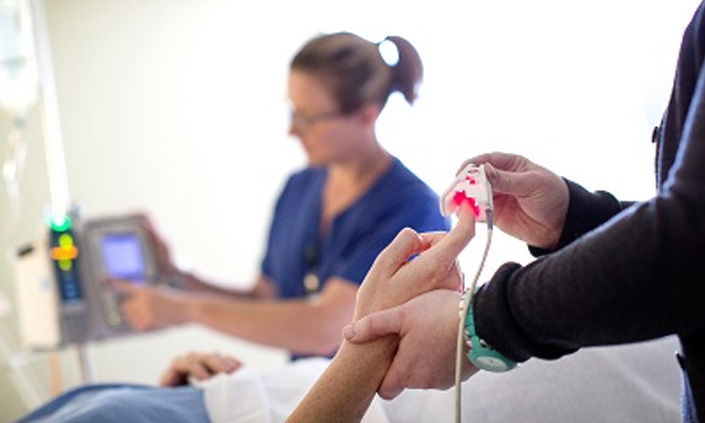Errors in administration of medicine
The practice of 'double-checking' medication before it is administered is deeply embedded in nursing, but new research shows it does not reduce error.

Medication errors cost the Australian health system $1.4 billion annually.
New research from Macquarie University conducted at a large paediatric hospital found no association between mandatory double-checking as it is currently performed and reduced medication error, or the severity of error.
“While it is vitally important that all patients in hospital, and particularly children, are protected from medication administration error, this research indicates that double-checking may not be the best way to achieve this,” according to Professor Johanna Westbrook from the Australian Institute of Health Innovation (AIHI), Macquarie University.
Double-checking has been embedded in nursing practice for decades and requires a nurse to request another nurse independently verify medication administration details for mandated medicines.
After observing 298 nurses administering 5140 medication doses across nine wards in a large paediatric hospital, the study found mandatory double-checking did not reduce medication error which could for instance include the incorrect dose or type of a drug being given to a patient.
For mandatory double-checked administrations, errors occurred in 72 out of 100 doses compared to 71 out of 100 for those not double-checked. While most errors were minor, between 11 to 13 per cent of errors in both cases were of moderate to serious potential severity.
"When mandatory double-checking was required, we found that double-checking, compared to single-checking, conferred no additional safety benefit."
In addition to double-checking not reducing error rates, it also takes up time with each double-check taking on average 6.4 minutes. With over 1200 administrations requiring double-checking each day in this hospital, this process consumed over 133 nurse-hours per day for the second nurse to check, at an annual cost of $2.7 million.
Further, while compliance with mandated double-checking was very high, it was rarely independent as directed by hospital policy. “Often the administering nurse provides the checking nurse with information, such as naming the drug that is to be checked, increasing the possibility of one error leading to another,” said Professor Westbrook.
“There has been very little research into the safety benefits of double-checking and while it is widely accepted in nursing practice, our study raises questions about if and how this process should be better targeted. Redirecting some of these resources to other safety interventions may be more effective at keeping patients safe in hospital,” Professor Westbrook said.
Contact Chrissy Clay for more information.